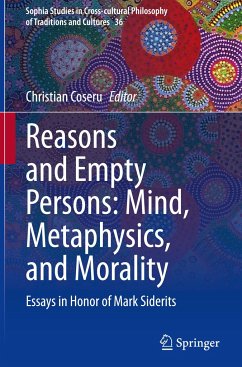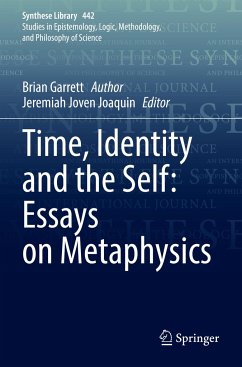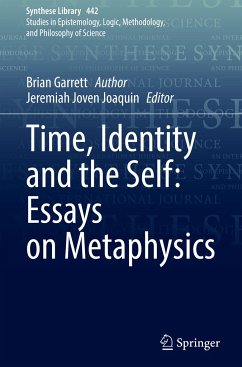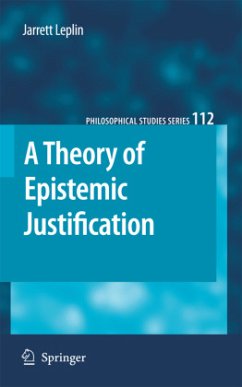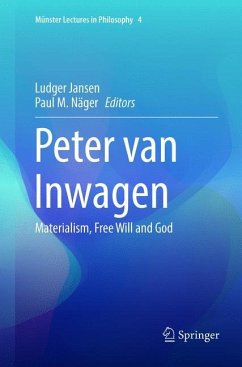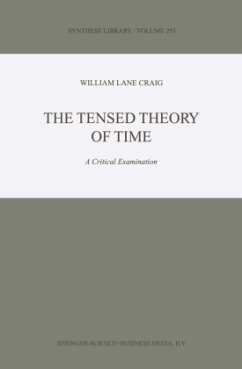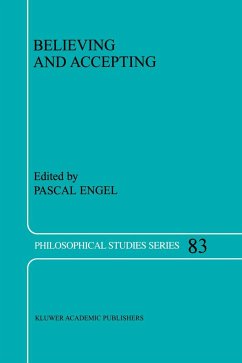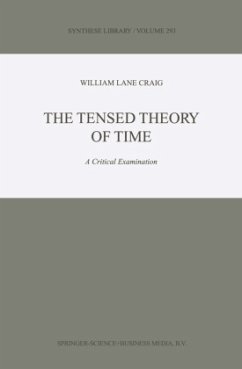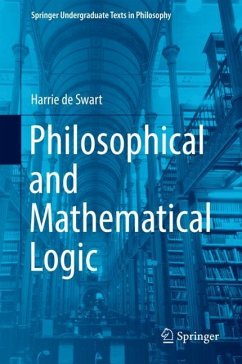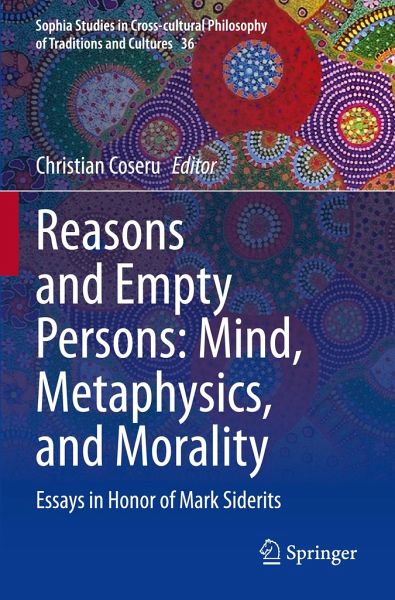
Reasons and Empty Persons: Mind, Metaphysics, and Morality
Essays in Honor of Mark Siderits
Herausgegeben: Coseru, Christian
Versandkostenfrei!
Versandfertig in 6-10 Tagen
106,99 €
inkl. MwSt.

PAYBACK Punkte
53 °P sammeln!
Best known for his groundbreaking and influential work in Buddhist philosophy, Mark Siderits is the pioneer of "fusion" or "confluence philosophy", a boldly systematic approach to doing philosophy premised on the idea that rational reconstruction of positions in one tradition in light of another can sometimes help address perennial problems and often lead to new and valuable insights.Exemplifying the many virtues of the confluence approach, this collection of essays covers all core areas of Buddhist philosophy, as well as topics and disputes in contemporary Western philosophy relevant to its s...
Best known for his groundbreaking and influential work in Buddhist philosophy, Mark Siderits is the pioneer of "fusion" or "confluence philosophy", a boldly systematic approach to doing philosophy premised on the idea that rational reconstruction of positions in one tradition in light of another can sometimes help address perennial problems and often lead to new and valuable insights.
Exemplifying the many virtues of the confluence approach, this collection of essays covers all core areas of Buddhist philosophy, as well as topics and disputes in contemporary Western philosophy relevant to its study. They consider in particular the ways in which questions concerning personal identity figure in debates about agency, cognition, causality, ontological foundations, foundational truths, and moral cultivation. Most of these essays engage Siderits' work directly, building on his pathbreaking ideas and interpretations. Manydeal with issues that have become a common staple in philosophical engagements with traditions outside the West. Their variety and breadth bear testimony to the legacy of Siderits' impact in shaping the contemporary conversation in Buddhist philosophy and its reverberations in mainstream philosophy, giving readers a clear sense of the remarkable scope of his work.
Exemplifying the many virtues of the confluence approach, this collection of essays covers all core areas of Buddhist philosophy, as well as topics and disputes in contemporary Western philosophy relevant to its study. They consider in particular the ways in which questions concerning personal identity figure in debates about agency, cognition, causality, ontological foundations, foundational truths, and moral cultivation. Most of these essays engage Siderits' work directly, building on his pathbreaking ideas and interpretations. Manydeal with issues that have become a common staple in philosophical engagements with traditions outside the West. Their variety and breadth bear testimony to the legacy of Siderits' impact in shaping the contemporary conversation in Buddhist philosophy and its reverberations in mainstream philosophy, giving readers a clear sense of the remarkable scope of his work.



